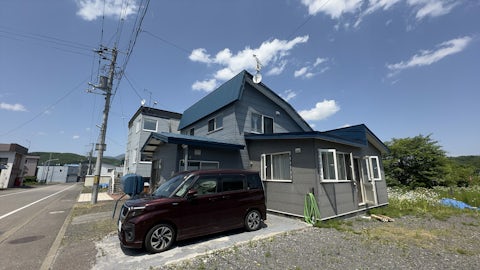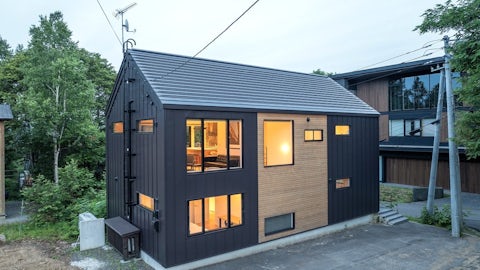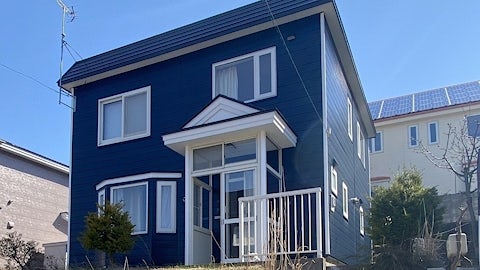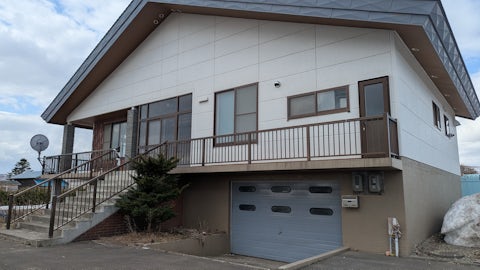
Japan’s inbound tourism market is not only recovering but surpassing pre-pandemic levels, offering promising conditions for the nation’s hotel operators. A survey by Tokyo Shoko Research (TSR) revealed that 80% of hotels are reporting occupancy rates above 80%, with room rates now exceeding 2019 levels.
Significant Growth in Room Rates
The TSR survey analyzed 13 domestically listed hotel operators across 15 brands, all of which saw year-on-year increases in room rates during Q4 2023. Nine brands reported jumps of 20% to 50%, with Hanshin Hankyu Hotels leading at a 56.1% increase. Notably, Tokyu Stay, operated by Tokyu Fudosan Holdings, saw rates climb 41.8%.
When comparing Q4 2023 rates to the same period in 2019, 11 of 12 brands reported growth, with seven brands achieving increases exceeding 20%. Operators are optimistic that further rate increases will follow the Golden Week holidays, spurred by favorable conditions such as a weak yen, which is attracting inbound travelers while encouraging domestic tourism.
Recovery Across Business and City Hotels
Business Hotels
Business hotels, which faced significant declines during the pandemic, have rebounded strongly. Occupancy rates dropped to 58% in Q4 2020 but climbed to 81.4% in 2023. Room rates, which bottomed out at ¥6,794 in late 2021, surged to ¥12,339 in 2023—28.7% higher than pre-pandemic levels.
City Hotels
City hotels, popular among families and international travelers, endured greater challenges during the pandemic, with occupancy rates plunging to 26.1% in Q4 2020. By 2023, occupancy had recovered to 80%, and room rates rose to ¥16,843—9.5% above 2019 levels and 38.1% higher than 2022.
Growing Inbound Demand
Japan welcomed 3.08 million inbound tourists in March 2024, marking the first time the country surpassed 3 million visitors in a single month. This figure represents a 69.5% increase from the previous year and an 11.6% rise from March 2019, coinciding with cherry blossom season and overseas Easter holidays.
South Korean tourists accounted for 21% of visitors, up 13.2% from 2019, while Taiwanese tourists made up 15%, increasing 20.4%. However, visitor numbers from mainland China remained 34% below 2019 levels.
Forecasts predict sustained growth in inbound tourism. JTB Corporation estimates 33.1 million foreign visitors in 2024, a 3.8% increase from 2019, while KKR projects 80 million tourists by 2030, surpassing the government’s target of 60 million. The affordable hotel sector is expected to benefit significantly, particularly from budget-conscious travelers across Asia.
Strong Momentum for Japan’s Hotel Sector
With the yen at record lows, foreign tourists are extending their stays and increasing their spending power. Meanwhile, domestic travelers are opting to explore Japan over overseas destinations, fueling robust demand across business and city hotels.
For hotel operators, the rebound in tourism and strategic pricing adjustments signal a positive outlook for the sector, positioning Japan as a top travel destination in the years to come.












